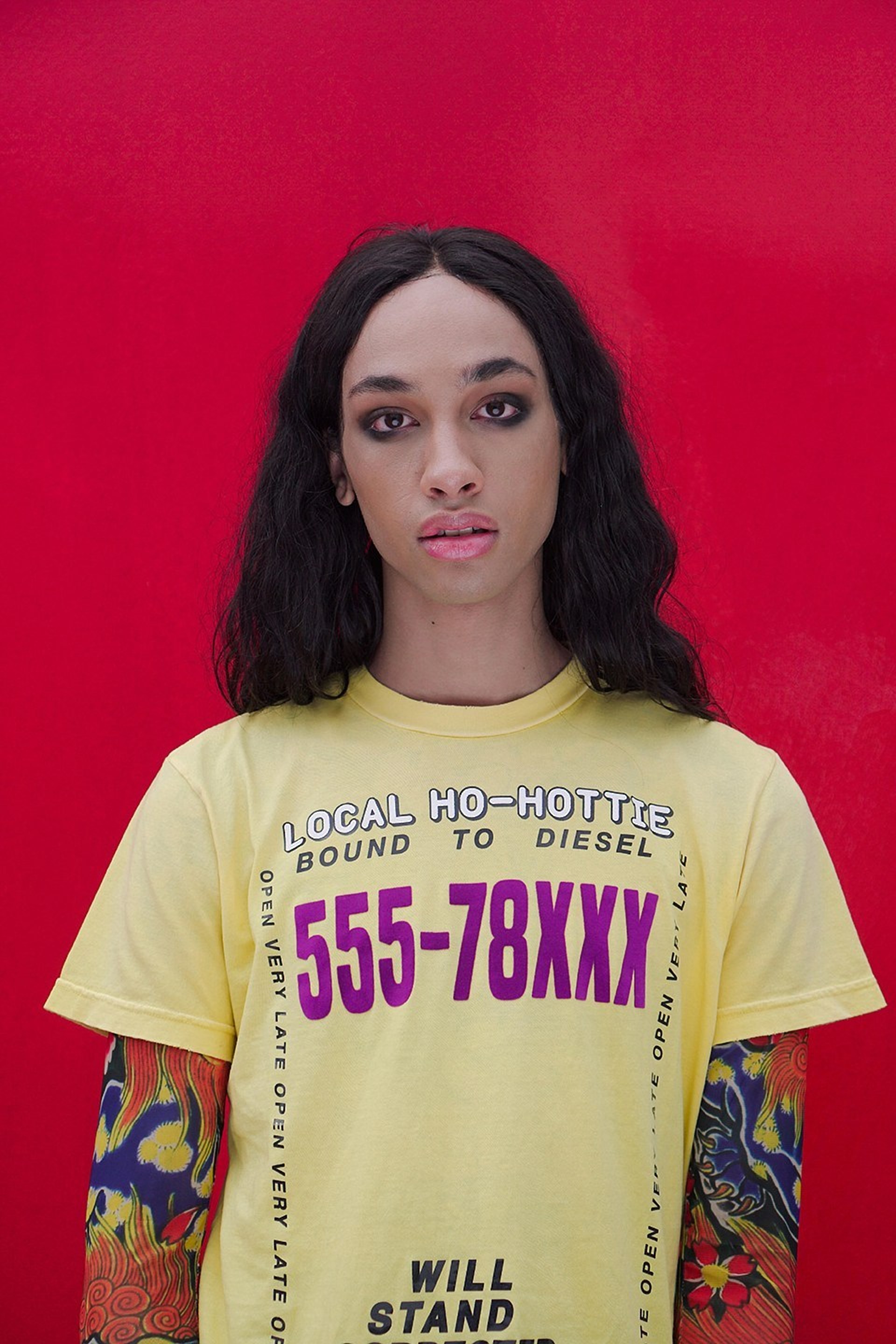The Importance of Diverse Representation in the Beauty Industry

Think Piece
Words by Lerato Mokone
Let us travel back in time to approximately thirty years ago as we unpack the definition of the term ‘diversity’ and how it relates to the beauty industry. It envisioned, accepted and reduced the conventions of beauty to: anti-ageing; femininity; Eurocentricity; one-hundred-and-seventeen pounds of body weight and light skin. Fast-forward to the 21st century where we have had another encounter with this term, except this time, it is far more broad in its definition. This would be the direct result of digital muscle and the unparalleled cultural shifts including: the legalization of same-sex marriage; recognition of the transgender community; plus-size models and finally, feminist voices in pop culture. These factors have primarily reshaped our society.
This cultural and societal transference has further resulted in remarkable shifts for beauty norms. Above that, it has influenced the functionality of mainstream beauty brands. These independent brands together with the internet and influencers operating within the beauty industry no longer prioritize commercial expedience. Instead, their agenda has set out to make consumer satisfaction the centre of their interests; in other words, it encourages consumers to be the best and most beautiful versions of themselves. The progression of this revolution is measured by initiating a complete disregard for elements such as age, race, gender and size. Today, we can celebrate some beauty brands who have embraced this revolution of diversity as the norm.
As far as race in the beauty industry is concerned, the term ‘racial diversity’ now connotes a complete openness to offering product variations in such a way that all different skin tones are catered for. We cannot speak of diversity and inclusivity in this context without acknowledging the leadership that is Fenty Beauty. The highly anticipated make-up brand founded by Robyn ‘Rihanna’ Fenty delivers on quality, elevating the bar for other make-up brands. Fenty has launched several beauty products however, their focus is the Pro Filt’r Longwear Foundation range which comes in 40 different skin shades and undertones (with the darkest shades selling out the quickest). In addition to this, their universal lip-gloss range establishes itself as a perfect match for all women. The message being promoted by this beauty brand is that it is designed specifically for everyone.
Fenty Beuty Loookbook
When we think about de-stigmatization and re-humanization, we must consider the journey that the transgender community has undergone over the years. There have been several mental and physical challenges that they have battled with during the period of transformation. Beauty brands are slowly concerning themselves with how to acknowledge the role of the transgender community within the industry. MAC Cosmetics worked in collaboration with Caitlyn Jenner during the course of 2017 to promote their Viva Glam range with the Finally Free lipstick shade. 100% of the profits made went to a good cause – the MAC AIDS Fund Transgender Initiative.
Men in beauty are also being embraced. CoverGirl has featured their first CoverBoy, 19-year old James Charles in their So Lashy mascara campaign. Maybelline has also appointed their first male brand ambassadors – Manny MUA and Patrick Starr who have both taken the male beauty blogging industry by storm.
Although NIKE is not considered a beauty brand, it has gone to great lengths to promote beauty in the world of sports; especially where female representation is concerned. Sponsoring world-renowned champion Serena Williams is by far one of NIKE’s greatest accomplishments. Since her breakthrough into the sports industry, Williams has received gloom-ridden backlash over her beauty and body image. In response to this criticism, NIKE teamed up with the athlete. Together, they stepped onto the world stage to immortalize the concept of beauty through strength. This partnership seeks to eradicate the misconception that there is a singular kind of beauty, as well as to successfully champion body-positivity.
Model Maye Musk becomes a CoverGirl at 69
The beauty industry has to some extent shown complacency when it comes to the demographic of older women. The frustration is met by the lack of knowledge being made available to the older generation by mainstream brands. This is also fueled by the sales staff with regards to how they should care for their skin. Most of the beauty products are further designed with ‘anti-aging’ and ‘anti-wrinkling’ being the main selling points. The problem here is that women should not be encouraged to deny, but rather encouraged to celebrate their age. Niche brands such as White Hot and Forma Laboratories have seized the opportunity for growth to account for these increasing demands.
As people who purchase and utilize beauty products, we are allowed to expect more than to just be sold a product. By expecting beauty brands to be representative of our overall magnificent societal diversity, we can reimagine a more inclusive society. We declare their accommodation and full support of the causes which we favor a necessity. Brands have listened and are finally on board with the expectations we have as a society which is ultimately what makes their businesses profitable in the end.



